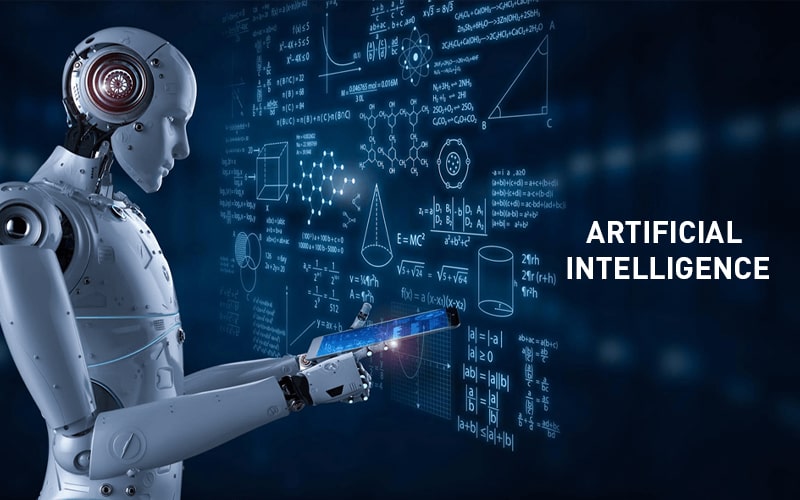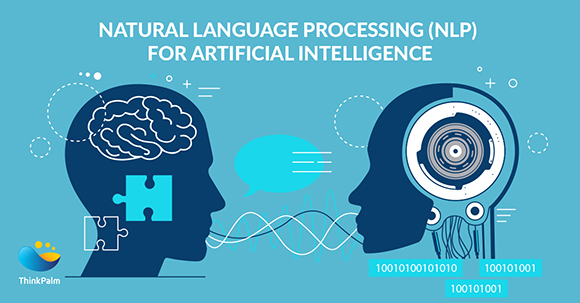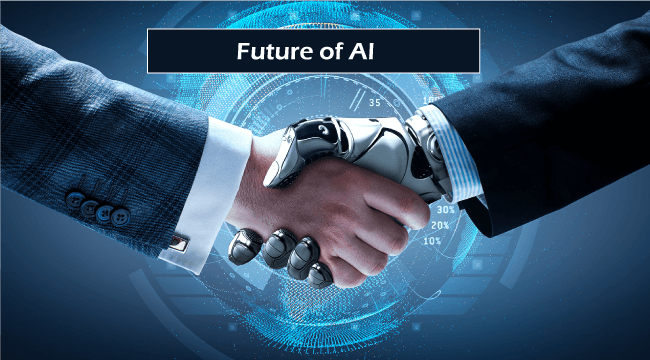Demystifying Artificial Intelligence: An Introduction to AI and Its Core Concepts
Introduction:
In the modern world, Artificial Intelligence (AI) has
emerged as a transformative technology, revolutionizing various industries and
shaping our daily lives. From virtual assistants to self-driving cars, AI is
becoming increasingly integrated into our society. In this blog, we will delve
into the fascinating realm of AI, exploring its definition, core concepts, and
real-world applications. So, let's embark on a journey to demystify Artificial
Intelligence.
Understanding Artificial Intelligence:
Artificial
Intelligence refers to the development of computer systems capable of
performing tasks that would typically require human intelligence. It involves
the creation of intelligent machines that can perceive their environment,
reason, learn from experience, and make decisions. AI encompasses a wide range
of technologies, including machine learning, natural language processing,
computer vision, and robotics.
Core Concepts of AI:
1. Machine
Learning (ML):
Machine Learning is a subset of AI that enables computers
to learn from data and improve their performance without explicit programming.
ML algorithms analyze large datasets, identify patterns, and make predictions
or decisions based on the discovered patterns. This process allows machines to
adapt and improve their performance over time.
2. Neural
Networks and Deep Learning:
Deep Learning is a subset of ML that focuses on
training artificial neural networks to learn and make decisions. Neural
networks are inspired by the human brain's structure, consisting of
interconnected nodes (neurons) that process and transmit information. Deep
Learning algorithms, with their multi-layered neural networks, excel at tasks
such as image and speech recognition.
3. Natural
Language Processing (NLP):
NLP enables computers to understand, interpret, and
generate human language. It involves tasks such as text classification,
sentiment analysis, language translation, and chatbot interactions. NLP
algorithms process and analyze textual data, making it possible for machines to
comprehend and respond to human language.
4. Computer
Vision:
Computer Vision enables machines to interpret and
understand visual information from images or videos. It involves tasks like
object recognition, image segmentation, and facial recognition. By leveraging
techniques such as pattern recognition and deep learning, computers can
perceive and interpret visual data, replicating human vision to some extent.
Real-World Applications:
1. Virtual
Assistants:
Virtual assistants like Siri, Alexa, and Google Assistant utilize AI to
understand and respond to human voice commands. They assist with tasks such as
setting reminders, answering questions, playing music, and controlling smart
home devices.
2. Autonomous
Vehicles:
AI plays a pivotal role in the development of self-driving cars. Through
the use of sensors, cameras, and advanced algorithms, autonomous vehicles can
perceive their surroundings, make decisions, and navigate safely on the roads.
3. Healthcare:
AI is transforming healthcare by assisting in the diagnosis of diseases,
predicting patient outcomes, and aiding in personalized treatments. Machine
Learning algorithms analyze medical data, such as patient records and imaging
scans, to provide insights for medical professionals.
4. E-commerce
and Recommendation Systems:
E-commerce
platforms leverage AI algorithms to offer personalized product recommendations
based on user preferences and past behaviors. This enhances the shopping
experience and increases customer satisfaction.
Conclusion:
Artificial Intelligence, with its vast potential, is
reshaping our world and opening up new possibilities across industries. From
machine learning to natural language processing and computer vision, AI
technologies are enabling machines to emulate human intelligence. As we
continue to explore and develop AI further, it is crucial to consider ethical
implications, privacy concerns, and the responsible deployment of this powerful
technology.
So, whether you're interacting with a virtual assistant
or marveling at the capabilities of self-driving cars, remember that Artificial
Intelligence is revolutionizing the way we live, work, and interact with
technology.
Let's embrace the transformative power of AI and
embark on a future where intelligent machines coexist with us, augmenting our
capabilities and enhancing our lives.






Comments
Post a Comment